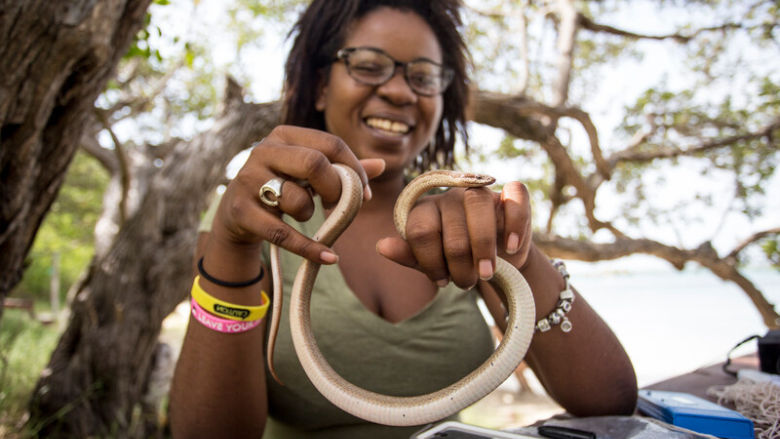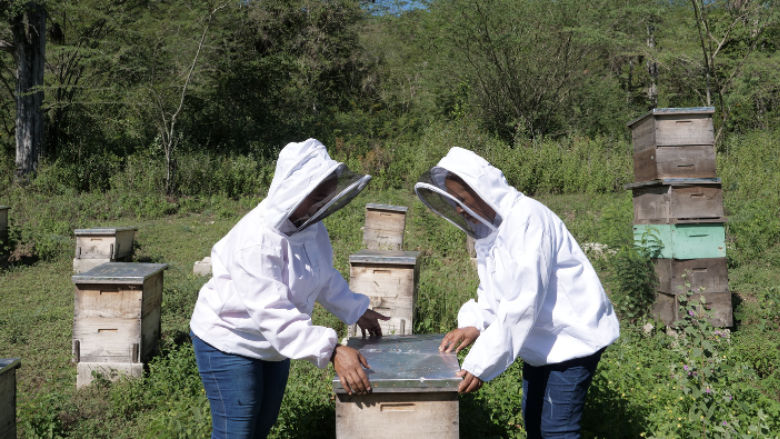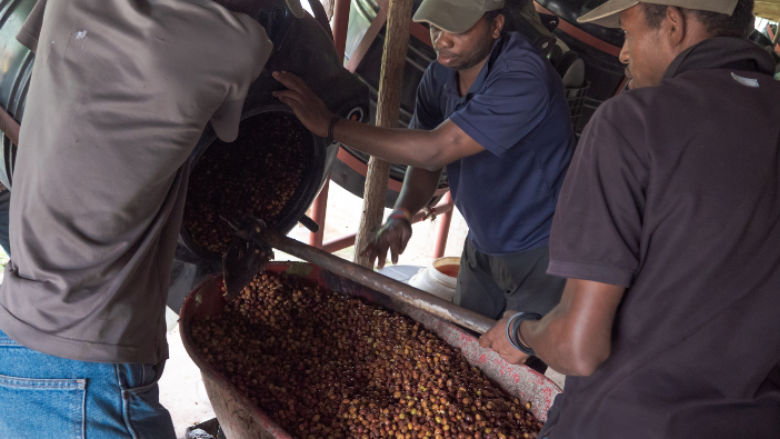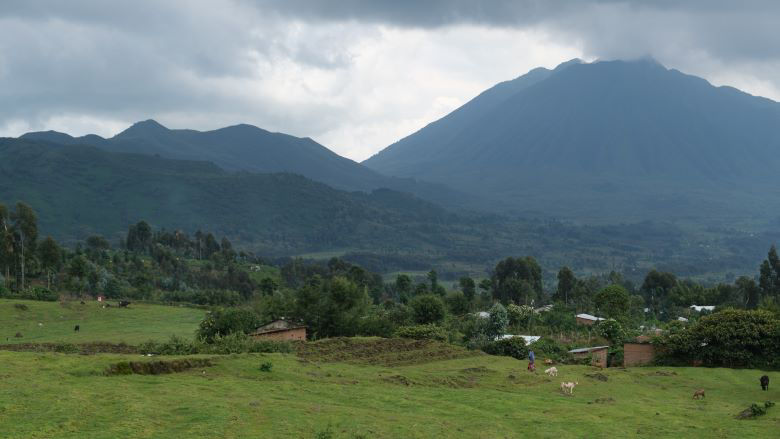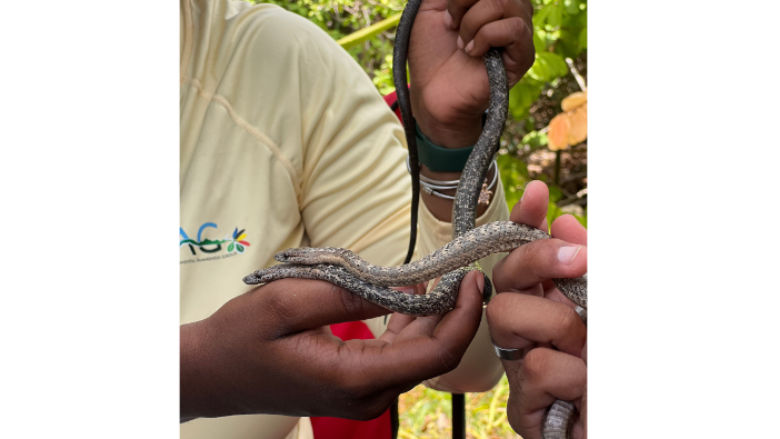From the Dominican Republic in the north, to the islands of the Eastern Caribbean in the East, the Caribbean is a globally celebrated biodiversity hotspot. Its coral reefs, seagrass beds, mangroves, and tropical rainforests support unique fauna and protect communities from tropical storms and coastal erosion. These ecosystems are not just natural wonders—they are lifelines, sustaining local economies, providing food, and creating jobs.
However, the Caribbean’s extraordinary biodiversity is under siege. Threatened by unsustainable land use, deforestation, and the accelerating impacts of climate change, the region faces an urgent crisis of biodiversity loss. Addressing these challenges requires local solutions and collective action, as highlighted by the Critical Ecosystem Partnership Fund - Caribbean Hotspot Project (CEPF).
The CEPF is a US$ 13.9 million recipient executed trust-funded intervention, through which the Bank supports civil society organizations active in biodiversity conservation. Through grants and capacity-building programs, these organizations are tackling biodiversity loss head-on, demonstrating the power of community-led conservation efforts. Grants are issued based on a call for proposals from CSOs working in 32 key biodiversity areas covering 7 Caribbean countries - Dominican Republic, Jamaica, Haiti, Saint Lucia, The Bahamas, Antigua and Barbuda, and Saint Vincent and Grenadines.
The project is implemented through CEPF Secretariat, housed in Conservation International, with strong support from Caribbean Natural Resources Institute which acts as Regional Implementing Entity. The initiative’s regional approach to conservation efforts delivers scalable projects replicable across the Caribbean, which provides a much higher impact.
The project exemplifies the power of community-led conservation, demonstrating that with collective action and local solutions, the region can combat biodiversity loss and ensure a sustainable future for its unique ecosystems and the people who depend on them.



